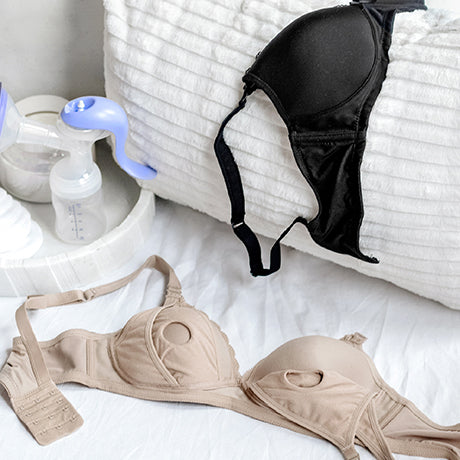Sleep Disorders During Pregnancy

Peaceful, continual sleep during pregnancy is hard to come by for many moms-to-be. It is estimated that 8 in 10 expectant moms have some type of insomnia or other sleep disorder. Sleep disorders during pregnancy can be frustrating and take a toll on both you and your baby.
Between your growing bump making a comfortable sleep position more difficult, heartburn, frequent trips to the bathroom, increased snoring, nausea, anxiety over the upcoming changes in your life, and a host of other things, having trouble sleeping during pregnancy is the norm. In some ways it is nature’s cruel joke on moms-to-be who are about to enter a very sleepless time with their newborns. Or perhaps it is just a way of preparing you for what’s to come.
Nevertheless, sleep disorders during pregnancy can be bothersome and unhealthy for you and your baby. A recent study showed that expectant mothers clinically diagnosed with insomnia and sleep apnea were more likely to give birth prematurely, prior to 37 weeks of gestation. This is a big deal because preterm birth is the leading worldwide cause of death for children under 5, according to Reuters. Preemies often have trouble breathing and breastfeeding, and may have long-term impairments as well.
In the case of sleep apnea, starting pregnancy at a healthy weight may help mothers avoid this involuntary breathing issue. Sleep apnea is linked to high blood pressure, which in turn may cause preterm birth.
If you experience sleep disorders during pregnancy, speak with your doctor and talk through solutions to avoid negative side-effects or worsening of your condition. Also, keep these sleep tips in mind during pregnancy:
- Develop a soothing nighttime routine to wind down, such as taking a warm bath or massaging natural oils into your skin.
- Make sure your room is conducive to sleep. It should be quiet, cool and dark.
- If you are experiencing a physical pain, try to resolve it right away. For instance, if your back is hurting, try propping yourself on pillows for a more comfortable sleep position. If your clothes are bothering you, consider something less inhibiting or a more cozy sleep bra or nursing tank top.
- Practice muscle relaxation techniques as soon as you get into bed. Gently tighten one muscle at a time and then release it.
- Don’t have heavy meals just before bed, which may make you feel nauseous, give you indigestion, or provoke heartburn.
- Try to set aside fears and emotional concerns for the next day. If you need to release them, write them down so you can focus on them tomorrow.
- If you can’t sleep after 30 minutes, get up and do something until you are drowsy. Then return to bed and try again.
Sources: Reuters, BabyCenter and National Sleep Foundation
The post Sleep Disorders During Pregnancy appeared first on Leading Lady.






